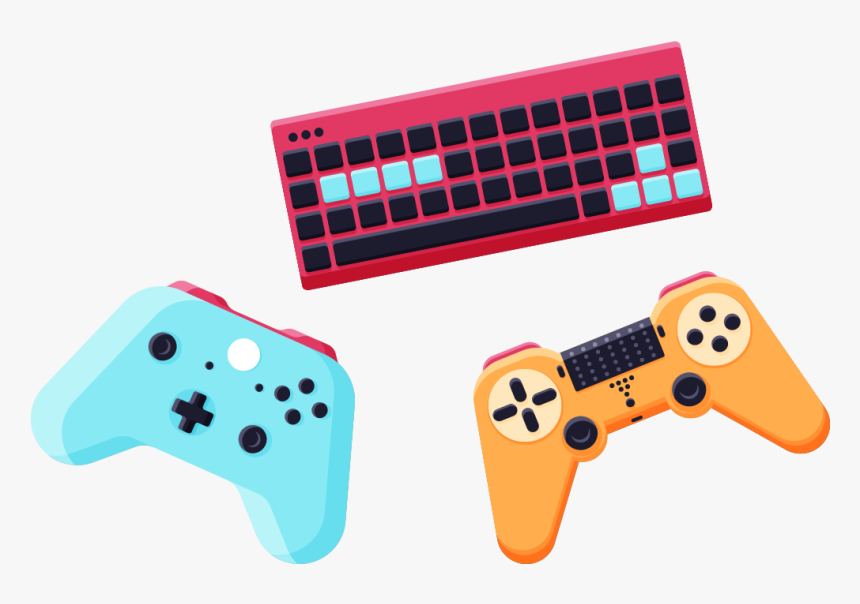Outer Wilds: A Game to Confront Our Own Reality
February 15, 2023
If you’re anything like most people nowadays, you’ve surely felt the crushing pressures of daily life – constant and enduring, they never seem to truly go away.
In Outer Wilds, players will take on the role of a Hearthian astronaut, dedicated to exploring the wonders of their solar system. Players will start off waking up from slumber on their home planet of Timber Hearth, where they’ll find their very own rocket. Taking off into the cosmos, players can choose to go literally anywhere their hearts desire. And, most interestingly, on the surface of every single planet in the solar system, the lost civilization of the Nomai has left its mark. Players can find Nomai conversations scribbled on walls, Nomai buildings and cities, and even functional space ships.
And that’s all well and good, except for the fact that after about 22 minutes, the sun explodes and kills everything in the solar system. And yet… the player wakes up just the same as they did 22 minutes ago, before they began their trip. What’s going on here?
As it turns out, players are stuck in a time loop, one that always ends with the sun going supernova. Over the course of the game, the sun will transform from a yellow dwarf, to a red giant, before finally collapsing on itself and exploding into a fiery white explosion. It’s the player’s job to discover everything they can about the Nomai in order to stop the time loop and find a way to save their home, exploring each planet in the process.
Outer Wilds is an incredible experience, from the design of the world, to the storytelling, to the feel of piloting your own spaceship. Even for those who have very little experience playing video games, this is a wonderful introduction to video games as a storytelling medium, as it features little to no elements of the average video game – no complicated leveling systems, no combat, and you’re free to make as many mistakes as you like thanks to its never ending time loop. The helpful in-game log within the player’s ship also helps to point the player in the right direction, with information about locations they have visited and clues about where to go next, though it’s ultimately up to the player to decide where their journey will take them.
Exploring the many planets of the Hearthian solar system was an especially rewarding experience for me, as my journey was not fueled by a search for any material items, but rather, it was fueled by my own thirst for knowledge. Discovering new information became a reward in itself, which is great, because there’s a lot of it scattered throughout the solar system, some of it not necessarily pertaining to the main problem – stopping the time loop – but absolutely fulfilling in its own way.
It’s hard to truly appreciate Outer Wilds without talking about its ending, which I’m not going to do too much of in order to not spoil everything about the game – but its ending was unlike any I’ve ever experienced. You don’t get to save the day and stop the sun from devouring your solar system, you don’t get to be a hero and transport everyone in your home planet to
safety. You can’t even save yourself. But, even though you may not be able to live past the death of your star, you pave the way for something much more important – an ending to this story that somehow ended up being more satisfying and fulfilling than being able to save everyone at the end.
Outer Wilds is a game I would recommend for absolutely anyone to play, from those who have years of experience with gaming to those who have barely even touched one. It’s beautiful, engaging, and fun to play, and the story it tells is one I’m sure anyone will be touched by.


